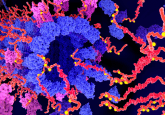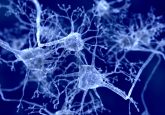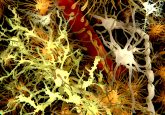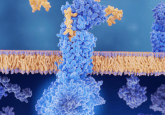New PET probe developed for diagnosing tauopathies
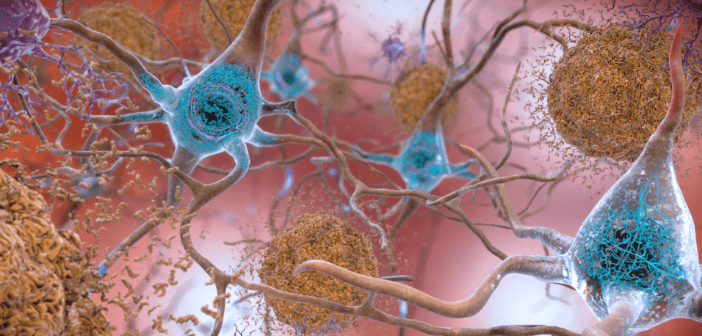
A team of researchers based at the National Institutes for Quantum and Radiological Science and Technology (Chiba, Japan), has developed a new positron emission tomography (PET) probe, 18F-PM-PBB3, which allows detection of tau deposition in people with Alzheimer's disease and various frontotemporal lobar degeneration (FTLD) disorders. The authors of the study, published in Neuron, hope that their imaging technique can be used for diagnosis of a range of neurodegenerative disorders involving tau protein accumulation. “As tau pathologies emerge in disease-specific regions of the brain decades before the clinical onset of the disease, it is anticipated that the diagnosis and differentiation...
